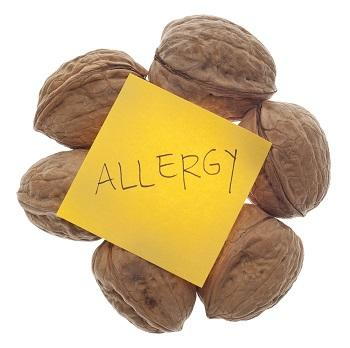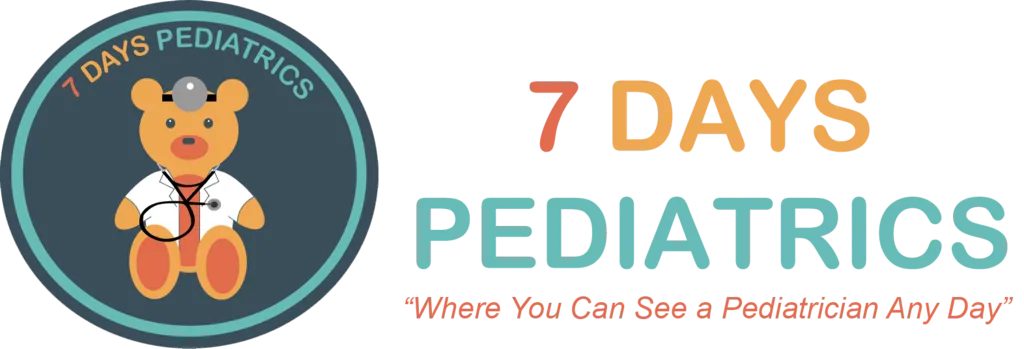- posted: Sep. 13, 2017
 3 Things You Need to Know About Food Allergies and Your Child
3 Things You Need to Know About Food Allergies and Your Child
There are over 3 million children with food allergies in the United States. Allergic reactions don’t take very much, and happens every time a child eats the food. Food allergies can be life threatening. Food intolerance starts slowly with mild symptoms, but gradually the symptoms get worse. Having information about the causes, symptoms and treatments available is important. Your child should not suffer with a food allergy if it can be avoided.
Know the Symptoms of an Allergic Reaction
Knowing the symptoms can help you understand what is happening to your child. Look for the following:
Food allergies and food intolerance share these symptoms:
- Nausea
- Stomach pain
- Diarrhea
- Vomiting
Allergic reactions can also include these symptoms:
- Rash, hives, or itchy skin
- Shortness of breath
- Chest pain
- Sudden drop in blood pressure
- Trouble swallowing
- Trouble breathing
These last three are life-threatening. If your child exhibits them, call 911 immediately.
Common Causes of Food Allergies
There are 8 foods responsible for 90% of all food allergies. These are:
- Peanuts
- Tree nuts (such as walnuts, pecans and almonds)
- Fish
- Shellfish
- Milk
- Eggs
- Soy
- Wheat
If you notice any of the reactions after your child eats or drinks one of these foods take note. If the reactions appear serious, get medical attention immediately. Keeping a journal of foods that cause any type of reaction will be helpful in determining whether your child has an allergy or an intolerance. Avoiding any foods that trigger a reaction is a good place to start.
Allergy Treatment is Essential For Your Child’s Well-Being
Knowing the symptoms and trigger foods are important. But the most important step is to seek medical help. Having your child checked by a pediatrician can narrow down trigger foods. You will also get information on how to treat a life-threatening event. It is vital that you complete this step both for your peace of mind and the wellness of your child.





